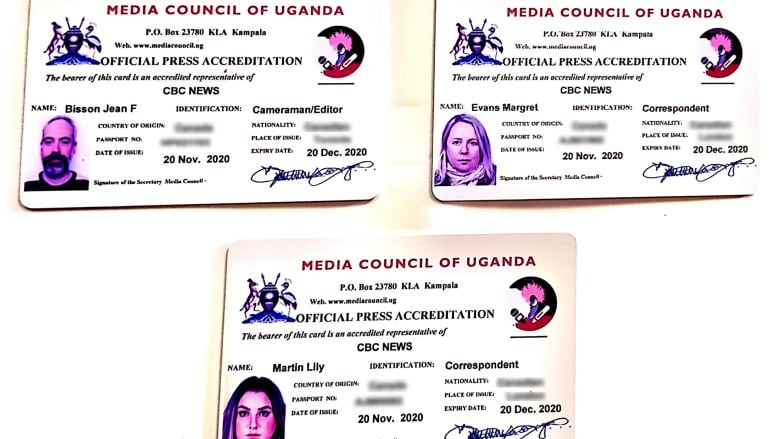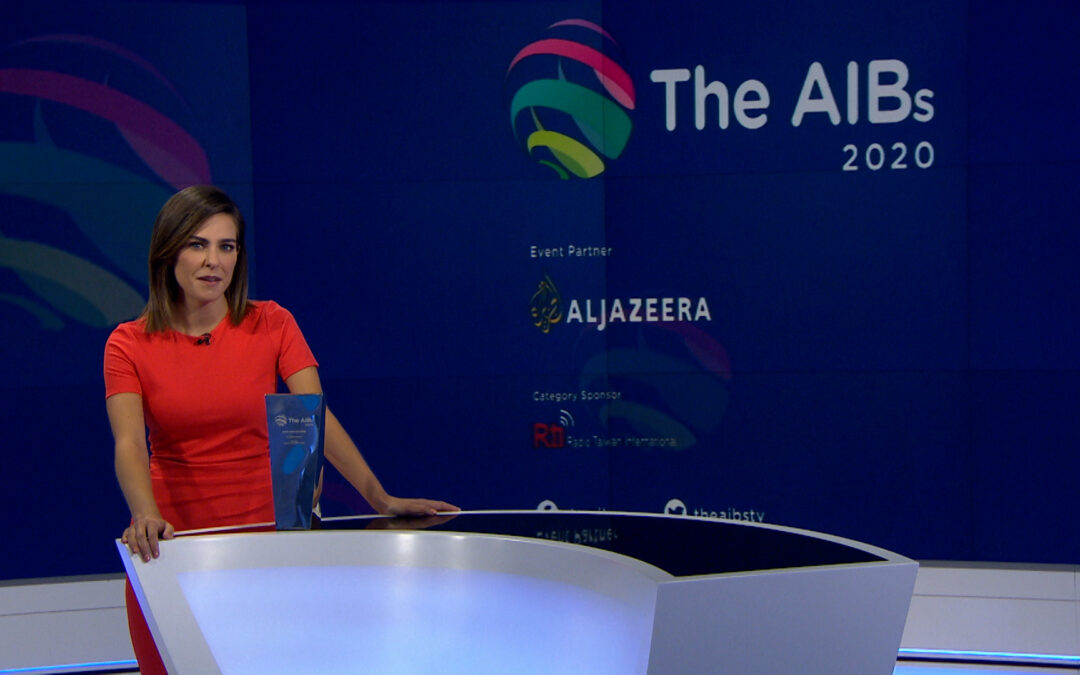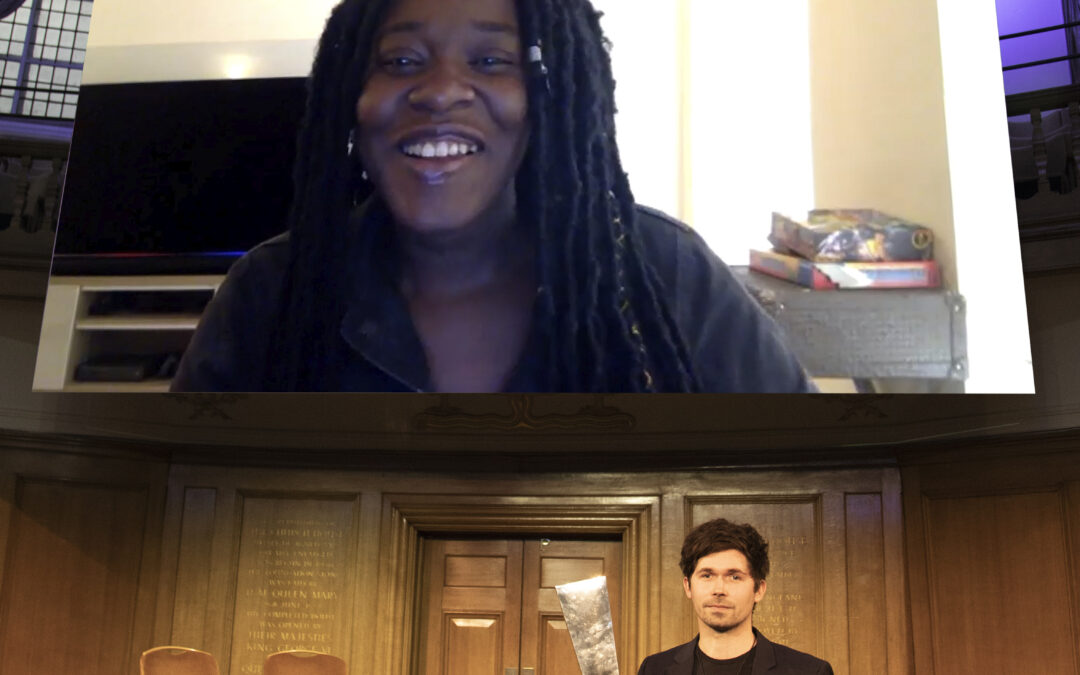AIB launches survey on media freedom awareness
AIB launches survey on media freedom awareness
As part of its continuing work on media freedom and in advance of its Symposium in late January 2021, the Association for International Broadcasting is undertaking a survey of editors, journalists and executives in news organisations globally to gauge the impact of the global Media Freedom Coalition.
The survey, that takes only a few minutes to complete, seeks responses to questions surrounding perceptions of the intergovernmental Media Freedom Coalition, responses to the international media freedom conferences that have taken place in the past few weeks, and more.
“It’s important to understand how the international media freedom work is understood and what impact it has,” says AIB chief executive Simon Spanswick. “As part of the AIB’s preparations for its own media freedom symposium that allows our Members to share experiences and explore collaboration on media freedom issues and infringements, we want to understand feelings across the global news industry. This survey is an important part of this work.”
The survey is available online at https://forms.gle/AhuJCKaDp9mcEXFq7 and in print format at http://cfb.d5c.myftpupload.com/Media-Freedom/Survey-Dec-20/AIB-Media-Freedom-Survey-Dec-2020.pdf.





